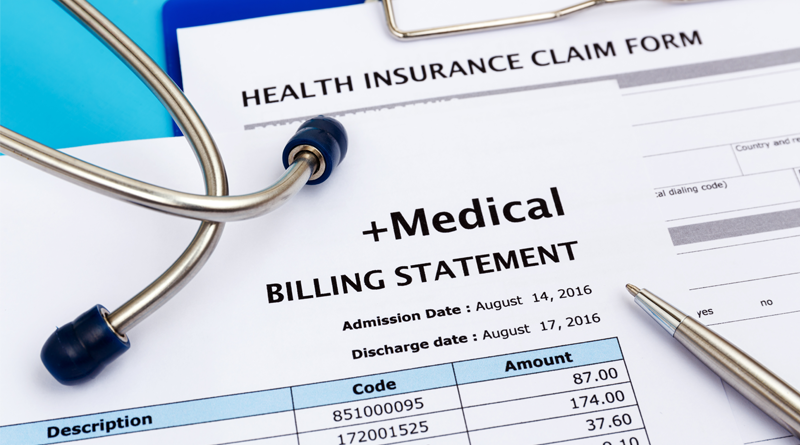Medical Insurance: Claims and Billing

When people buy a health policy, claim settlement is one area where they panic the most. With their own assumptions, they term the process as complex whereas; but with proper awareness, it can indeed be hassle-free. Nowadays, with the phenomenal increase in the expenses involved in the medical treatments and its succeeding procedures, investing in a good health insurance policy is no longer an option.
About Medical Bills
The Income Tax Act of India allows its’ citizen to claim various tax deductions and tax exemptions. A prominent tax exemption pertains to medical expenses incurred by anyone, for self and family, during a given financial year. Though medical bills of salaried employees as well as reimbursed by employers are not taxable. People do not have to pay tax on up to Rs.15, 000 in a given financial year if he/she submits medical bills for the same amount to the employer. The main conditions for claiming this tax exemption are:
- Medical bills of self, spouse, children and also those incurred by parents and siblings who are wholly dependent on the employee can be submitted for reimbursement.
- These bills could be for medical treatment taken at public or private hospitals and clinics and/or the purchase of medicines from pharmacies.
- Medical bills should be submitted and reimbursed by the employer himself.
Types of Claim Settlement:
Medical claims and billing of a salaried employee are basically covered by a company in the following two ways:
- Fixed medical allowance
- Reimbursement
How to read a bill
It is important not to get one’s medical bill confused with the Explanation of Benefits (EOB), an insurance report may cover following the bill:
- Statement Date: The date one’s healthcare provider printed the bill.
- Account Number: This is the users’ own unique account number. If he/she has questions regarding his/her bills and balance, they need to provide this number when contacting their healthcare provider’s billing office. Account numbers are also used when they pay for a bill online.
- Service Date: Users bill usually has a column listing the dates he/she received each medical service.
- Description: This is a short unit that explains the service or supplies he/she received.
- Charges: This is the full price list of the services and/or supplies he/she received before insurance has been factored in.
- Billed Charges: This is the total amount of the bill, charged directly to either the user or his/her insurance provider.
- Adjustment: This is the amount which the healthcare provider has agreed not to charge.
- Insurance Payments: The amount of user’s health insurance provider has already paid.
- Patient Payments: The amount he/she is responsible to pay.
- Balance/ Amount Due: This is the amount that currently owed the healthcare provider.
- Payable to: This is the organization one should address check payments to.
Conclusion
To be capable of enjoying that peace of mind and of course a much desirable monetary respite, in times required, people have to have a well-meaning health insurance plan cover for self and all those his/her loved ones around. And if have already purchased a worthy one, claims settlement and rejection handling in medical billing are the areas, they are duty-bound to be conversant with for their easy dealings, whenever essential.

0 comments